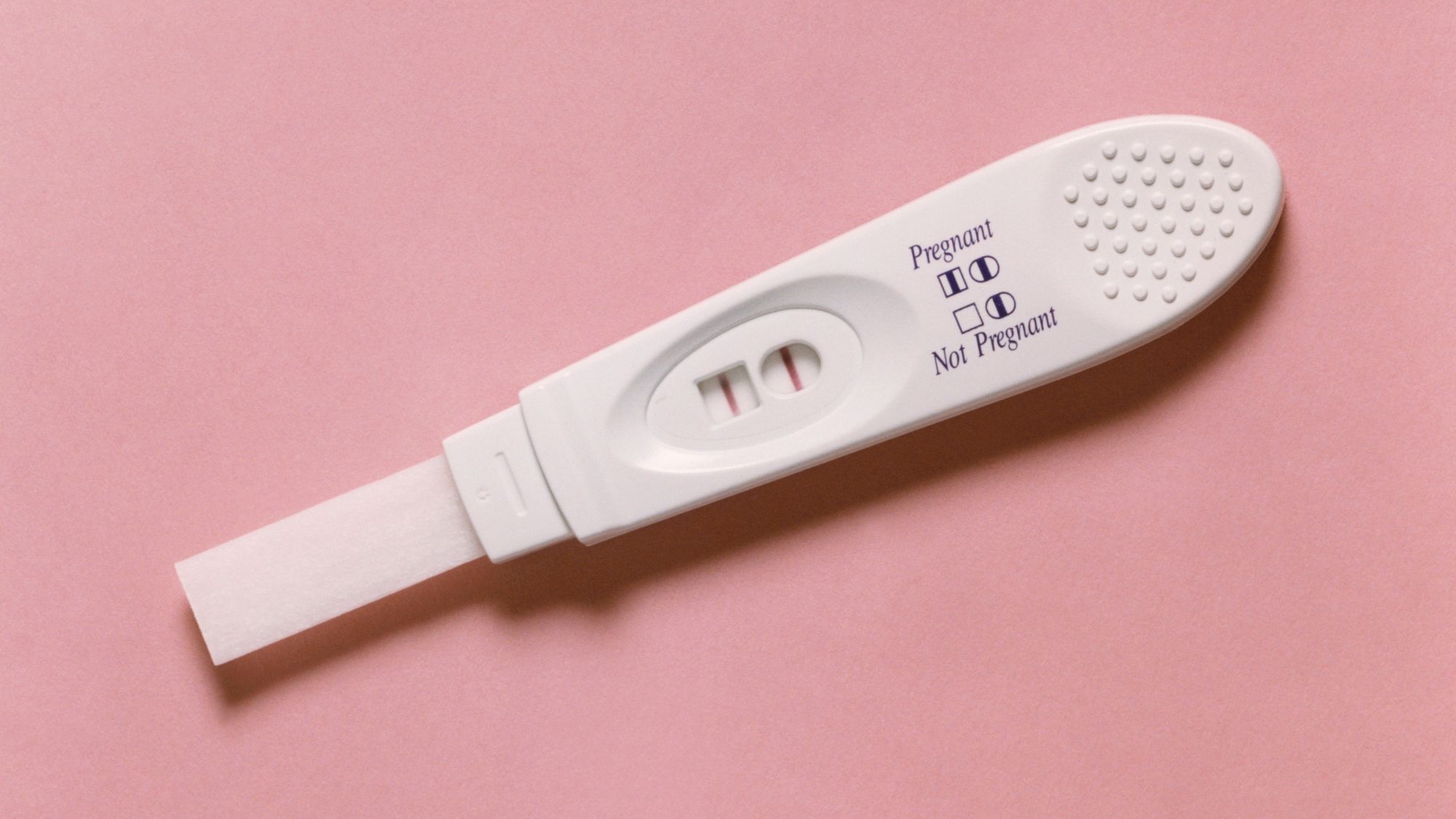I'm a woman in the UK - what are my abortion rights?


UK abortion rights have been front and centre this week, with a controversial case seeing an English woman sentenced to 28 months in prison for inducing an abortion after the legal limit.
Amid calls to reform the UK's 162-year-old abortion law and following on from the overturning of the landmark US Roe v. Wade ruling last year, UK abortion rights have been put under the microscope.
In fact, women's organisations are advising that now is a crucial time to read up on UK abortion laws, your rights and how safe they actually are given the global wave of reproductive rights restrictions.
I'm a woman in the UK - what are my abortion rights?
UK abortion rights are not as simple as you might think, and while women do have access to free and safe abortions in this country, the act has not been fully decriminalised. This means that the right to an abortion is not protected by law and it is still technically considered a criminal act in the UK.
The law does however provide exemptions from prosecution in certain circumstances, which is how UK women procure abortions legally today.

Women can access abortions legally if their situation fits the specific criteria stated in the Abortion Act, including their socio economic circumstances, their reasons for aborting and how advanced they are in their pregnancy. If however a woman's pregnancy does not fit the Abortion Act's criteria, an abortion is not a legal option.
This makes UK abortion law more restrictive than many countries in Europe, with 39 of its countries legalising abortion and making it a right on request.
Celebrity news, beauty, fashion advice, and fascinating features, delivered straight to your inbox!
UK abortion law
UK abortion law is rooted in the 1861 Offences Against the Person Act, a Victorian law that criminalised all abortions. According to the 1861 Act, anyone who self-aborted or performed an abortion on someone else was guilty of crime, and if convicted, faced a prison sentence.
The introduction of the Abortion Act in 1967 however provides exceptions to the 1861 law, allowing doctors to perform abortions on a number of specific grounds - most commonly if pregnancy would harm the mother's physical or mental health.
This was prompted by a landmark UK case in 1938 where Dr Alex Bourne was acquitted of performing an illegal abortion for a 14-year-old girl who had become pregnant after being sexually assaulted.

The Abortion Act still stands today, providing an amendment to the 1861 Act that has still not been repealed, and underpins abortion law in the UK.
This means that abortion remains illegal if the conditions stated in the Abortion Act are not met, and that women can still face a prison sentence for illegally obtaining an abortion.
It is important to note however that prosecutions are not common. According to statistics obtained by the Observer under the Freedom of Information Act, police across England and Wales recorded just 67 cases of obtaining an illegal abortion in 10 years [ending April 2022].
Northern Ireland abortion law
Abortion in Northern Ireland is legal before 12 weeks, with the country voting to decriminalise the act in 2019. After 12 weeks, Northern Ireland follows the same abortion laws as the rest of the UK.
UK abortion legal requirements
The 1967 Abortion Act makes abortion legal before 24 weeks as long as it is performed by a registered medical practitioner at a medical facility recognised by the Secretary of State, and that specific criteria are met. This has to be authorised by two doctors "acting in good faith".
1967 Abortion Act
As quoted in the UK Public General Acts legislation
"Subject to the provisions of this section, a person shall not be guilty of an offence under the law relating to abortion when a pregnancy is terminated by a registered medical practitioner if two registered medical practitioners are of the opinion, formed in good faith—
(a) that the pregnancy has not exceeded its twenty-fourth week and that the continuance of the pregnancy would involve risk, greater than if the pregnancy were terminated, of injury to the physical or mental health of the pregnant woman or any existing children of her family; or
(b) that the termination is necessary to prevent grave permanent injury to the physical or mental health of the pregnant woman; or
(c) that the continuance of the pregnancy would involve risk to the life of the pregnant woman, greater than if the pregnancy were terminated; or
(d) that there is a substantial risk that if the child were born it would suffer from such physical or mental abnormalities as to be seriously handicapped."
UK telemedical abortion rights
Women in England and Wales are now able to permanently access early medical abortions at home.
If the pregnancy is less advanced than 10 weeks, telemedicine (abortion pills) can be a legal early abortion care service.

Telemedical abortion was made available during the pandemic, with the House of Commons voting to permanently allow at-home abortion services in March 2022. This marked the biggest change to abortion care in the UK since 1967.
"New legislation will allow women to access pills for early medical abortion via a teleconsultation, and for both pills to be taken at home for gestation of up to 9 weeks and 6 days," read a press release from the Department of Health and Social Care.
How safe are UK abortion rights?
The right to abortion is not protected under UK law in England, Scotland and Wales. It is only in Northern Ireland that abortion has been decriminalised in the first 12 weeks of pregnancy, and protected by law.
The rollback of US abortion rights and its knock-on effect across the globe has therefore left many questioning the safety of UK abortion rights, and whether access could be restricted in future. Women's organisations have warned in response that until abortions are protected under UK law, the right to them is not safe.

"The devastating news from the US should serve as a reminder that we in the UK can never take reproductive rights for granted until abortion is treated like all other healthcare," warned Louis McCudden, Advocacy and Public Affairs Advisor for MSI Reproductive Choices UK, after the overturning of Roe v Wade.
“The 1967 Abortion Act, and our ability to end a pregnancy, lie in the hands of politicians, and over the past 10 years we have seen a number of parliamentary bids to restrict abortion safely and legally,” explained Katherine O’Brien, associate director at the British Pregnancy Advisory Service. “These groups have strong links with their US counterparts, and we would be concerned that they will escalate activity [now that] Roe v Wade is overturned.”
“At any given time, parliament could attempt to restrict women’s access,” another spokesperson for BPAS added, via the Independent. “Over recent years, a number of anti-choice MPs have sought to do just that, and we must be constantly vigilant.”
For more information on UK abortion rights, visit the British Pregnancy Advisory Service, MSI Reproductive Choices and NHS services.

Jenny Proudfoot is an award-winning journalist, specialising in lifestyle, culture, entertainment, international development and politics. After working at Marie Claire UK for seven years - rising from intern to Features Editor - she is now a freelance contributor to the News and Features section.
In 2021, Jenny was named as a winner on the PPA's '30 under 30' list, and was also listed as a rising star in journalism.